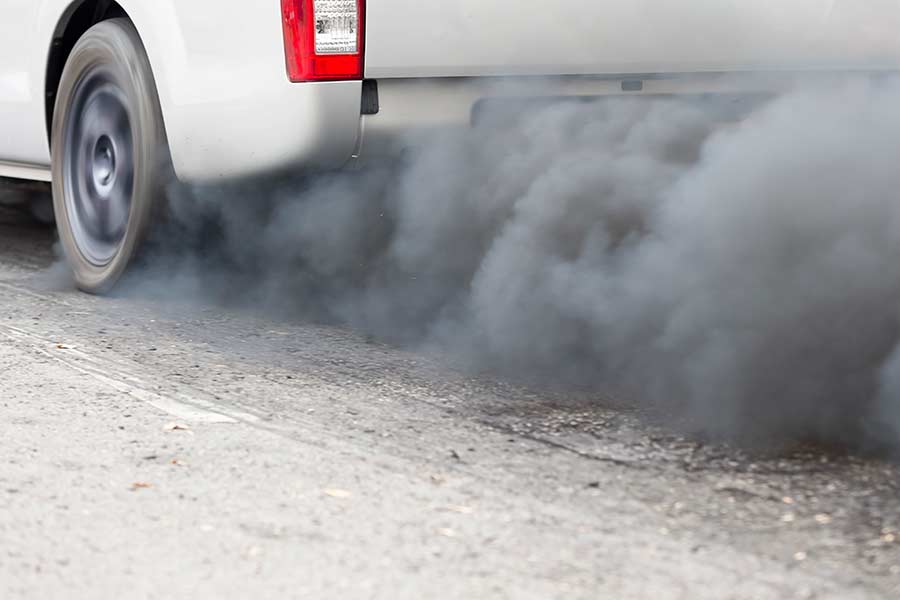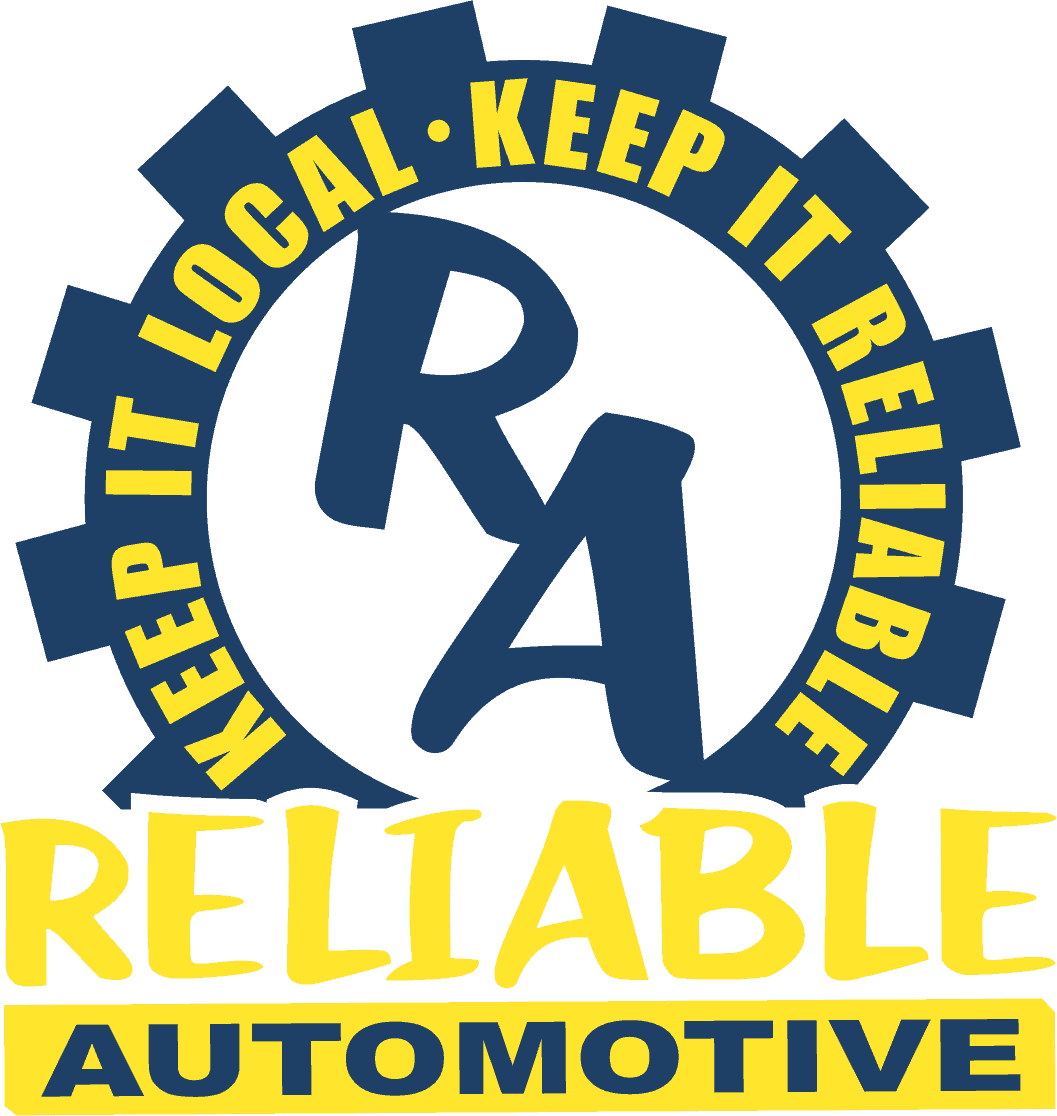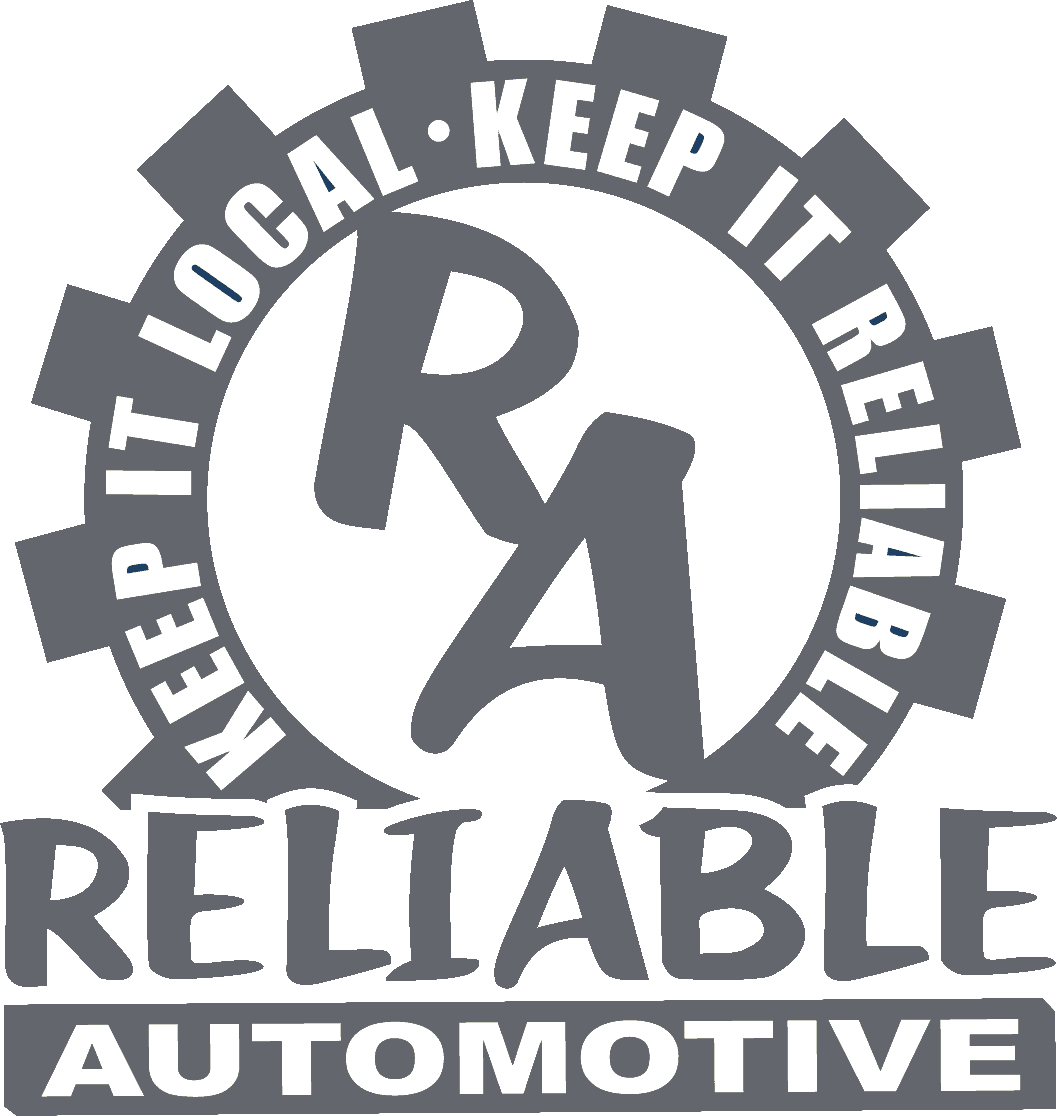
Diesel offers excellent mileage, and with costs falling across the board, they’re often a more affordable option. The added power is an attractive bonus as well. As with any vehicle, a diesel engine needs to be correctly maintained to avoid ruining the whole machine. This maintenance can be an intimidating prospect for motorists who encounter diesel issues for the first time, especially if they are inexperienced with the equipment. Diesel engine component failures may occur due to normal wear and tear, but they can also be more complicated. We’ll provide some insight into the unique issues diesel engines can face below.
1. Oxidation of Oil
Not only must diesel engine oil be maintained free of solid debris and other liquids, but it must also be kept free of air. Engine lubricants oxidize when they come into contact with oxygen. It results in a chemical reaction that often leads to oil thickening, impairing its lubricating properties. That is because the oil’s primary function is to lubricate all engine components, thus preventing the mechanism from overheating and preventing premature wear and tear. The oxidation issue is particularly prevalent in cars that have been in storage for an extended time. These air bubbles can break the thin oil coatings between moving components, resulting in corrosion and friction. As a consequence, a stalled or damaged engine or engine component fails.
2. Engine Noise
Diesel engines are often noisier than gasoline ones. Due to the engine’s mechanical components, it’s unavoidable for it to generate some noise. These vehicle aggregates tend to become louder than anticipated over time. However, an uneven engine sound or noticeable banging may be an indication of further issues. It may be a defective fuel injector or a compression balance problem. These problems may degrade the engine’s performance. If you notice unusual noises, it is good to get your engine inspected by a specialist.
3. Damaged Glow Plug
Starting an engine tends to be difficult, especially during winter weather due to the extreme cold. Diesel engines use glow plugs for their fuel combustion, unlike gasoline engines that use spark plugs. When a pin is faulty or damaged, starting the engine is impossible. The plugs help start the machine since they ignite the air and fuel mixture. The remedy for this is changing the old plug with a new one.
4. Black Engine Exhaust
For a diesel engine, the emission of smoke is not an alarming sign. Black smoke from the exhaust, however, is a sign of a bigger problem. It is also a result of air and fuel mixing in an unbalanced ratio. In the case of black smoke, the fuel levels are usually higher than what would be ideal for the amount of air mixing. The result might even land you into trouble with the authorities since you are not observing the clean air ordinance. These imbalances can be caused by having a damaged injector pump, turbocharger, injector, or some other engine parts.
5. Difficulty Starting
Occasionally, your diesel engine may fail to start for many attempts before eventually starting. This is especially true during the winter season. Unlike gasoline engines, which ignite combustion through an electrical wire or spark plugs, diesel engines ignite combustion via air compression. A problematic start is indicative of low compression or fuel delivery issues. This is a frequent occurrence throughout the winter.
If the compression is satisfactory, check the fuel gauge. Then check for blockages in the fuel filters and lines. One benefit of a diesel engine is that it consumes much less fuel than a gasoline engine, and maintaining it correctly will help keep that efficiency as high as possible.
6. Low Power
Diesel engines are more powerful than gasoline engines. This is why heavy machinery mainly uses diesel engines. At times you might notice the power of your engine is low, especially when starting or accelerating. several things might cause this:
- dirty oil filters
- clogged delivery lines for fuel
- excess or low lubrication
- loose throttle leakage
- faulty fuel injectors
7. Oil Changes
For a diesel engine to function efficiently, it needs to have regular oil changes. The cost of these changes can add up, causing some people to opt not to have their oil changed as frequently as they should. This, however, can cause more damage to the car which could have easily been prevented. This ignorance can cause the valve gear to have problems, making the costs of repairs much higher than those skipped oil changes. Good maintenance will reduce the amount of repairs needed, saving money in the long run.
8. Engine Overheating
The biggest problem of a diesel vehicle is overheating the engine. This is mainly as a result of pushing the car past its maximum, leading to its overheating. Other than this, interference in the engine cooling system can also overheating. Several causes include:
- Clogged diesel injectors—the causes of surge may be leaks and bugs in your diesel injector. The engine works considerably harder, resulting in overheating if the injection system cannot release gasoline as needed.
- Coolant leaks—this is the largest and easiest cause of overheating. Excess bubbles are indications of coolant leakage and low levels of coolant. Excess heat causes the head of the cylinders to widen. Thus, the gasket cannot screen the refrigerant as it should. If this occurs, only an expert can repair it.
- Damaged thermostat—a thermostat helps to regulate heat in the engine and prevent overheating. It features a valve that opens and shuts to control the temperature of the engine. When it becomes damaged, it doesn’t detect when the motor is overheated and thus can’t begin cooling.
- A defective cooling ventilator—this electrical issue causes faulty cooling fans, resulting in the engine’s overheating.
9. Fuel Contamination
Diesel is more viscous than gasoline. It is therefore vulnerable to contaminants, be it solid or liquid. There are some major fuel contaminants to be aware of, including water, glycol and soot. The fuel system is delicate, and contact with any contaminant can lead to severe engine damage. Therefore, you need to be very careful with the transfer mode of diesel from one place to another.
Key Takeaways
Despite the many problems with diesel vehicles, they can give you a good service if you maintain them and take care of the different parts, especially the engine. There are remedies for every problem you might face with your vehicle. If you are not familiar with diesel engine maintenance or solving diesel issues, you should always consult with a professional mechanic.






